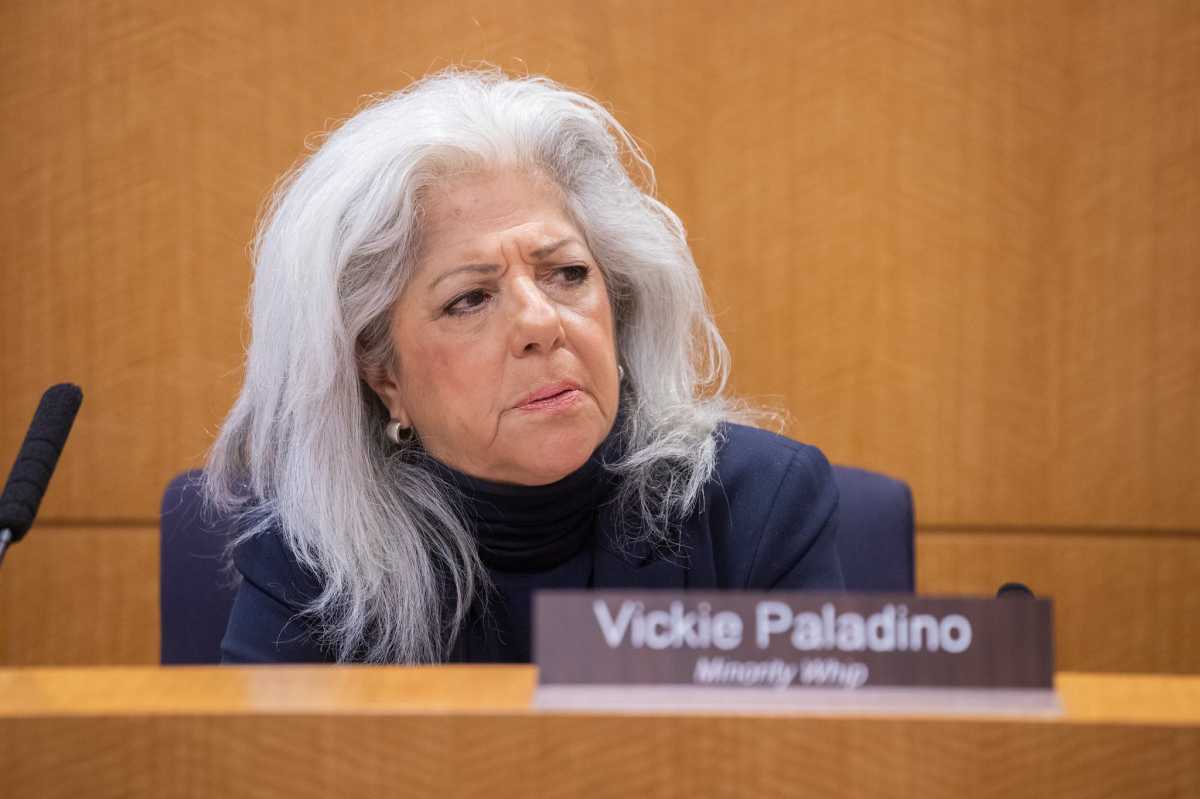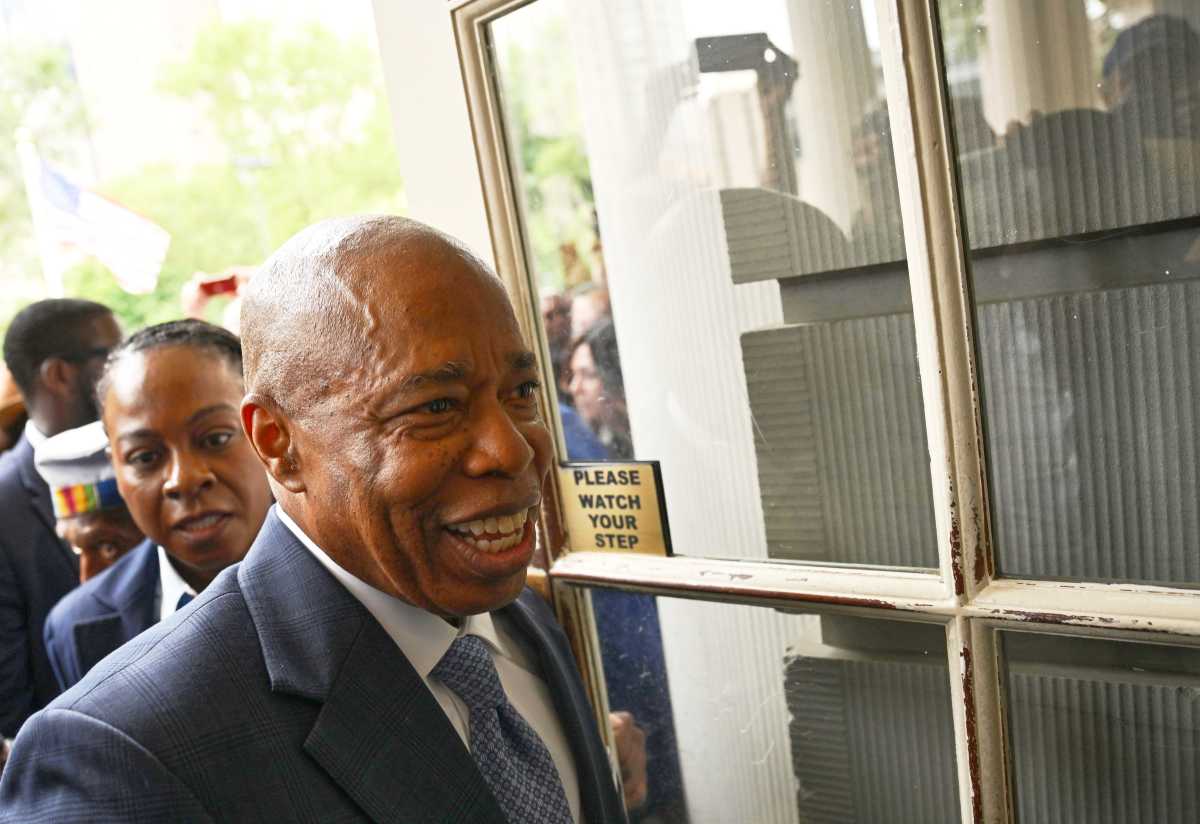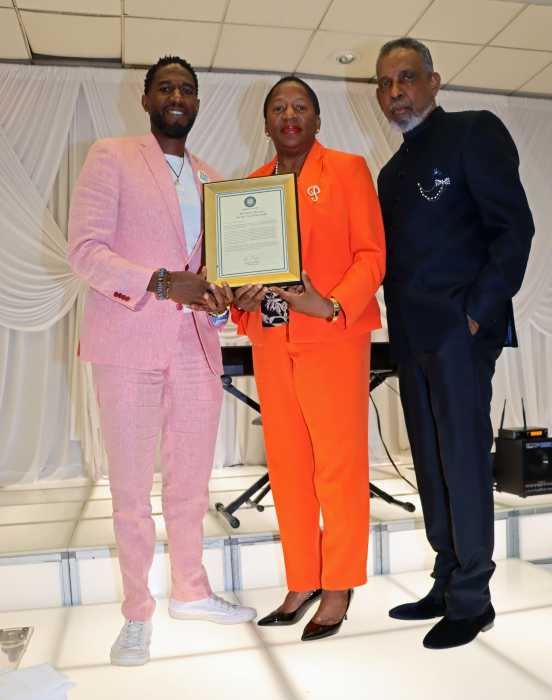The City Council is on the verge of requiring electronics manufacturers to pick up their computers, video games and TV sets when consumers are done with them, but the mayor has signaled his opposition on the grounds that the goal, however laudable, is unattainable.
Councilman Bill DeBlasio (D–Cobble Hill) unveiled the bill on Monday, his solution to the 25,000 tons of televisions, computers and other electronics that New Yorkers dump every year, according to data from the Natural Resources Defense Council.
Such so-called “e-waste” leaks nasty pollutants like lead and mercury into the ground when computer monitors, printers and other rubbish deteriorate.
“Toxins like lead and mercury pose a serious threat to our environment if they aren’t disposed of properly,” DeBlasio said.
The bill — which has wide support in the Council and was partially written by the NRDC — would force manufacturers to recycle an increasing percentage of the electronics sold in the city. By 2018, electronics makers would have to recycle 65 percent of their annual sales.
Consumers would have to participate, too, because it would be illegal to discard their e-waste with regular garbage.
The companies themselves would be left to figure out how to collect and recycle their leftover products. They might organize curbside pickup or drop-off sites for the old and unwanted televisions, laptops and MP3 players. They would also have to handle the dust-covered Wangs, TRS-80s and Commodore 64s, thanks to a provision in the bill that covers defunct manufacturers.
This week, Mayor Bloomberg honed in on what he believes is the bill’s weak spot: the 65-percent recycle rate.
“The performance standards contained in the bill have been set arbitrarily and do not rely on any meaningful data,” said mayoral spokesman Jason Post. “With the arbitrary mandates removed, we would support the bill.”
But the bill’s drafters say the mandate of eventually recycling 65 percent of electronic waste is the crucial mechanism to spur innovation.
“This is the best way to encourage manufacturers to design products that are less toxic in the first place,” said Kate Sinding, senior attorney for the NRDC.
And despite Hizzoner’s opposition, Apple, the darling of the personal technology market, testified in favor of the bill at a Council hearing on Monday.
If DeBlasio’s bill becomes law, the city would join nine states — including New Jersey and Connecticut — with electronic recycling laws on the books. In those states, electronics producers pay the government an annual fee to have their products recycled.
The risk there, of course, is that the fee is passed onto the consumer.





















